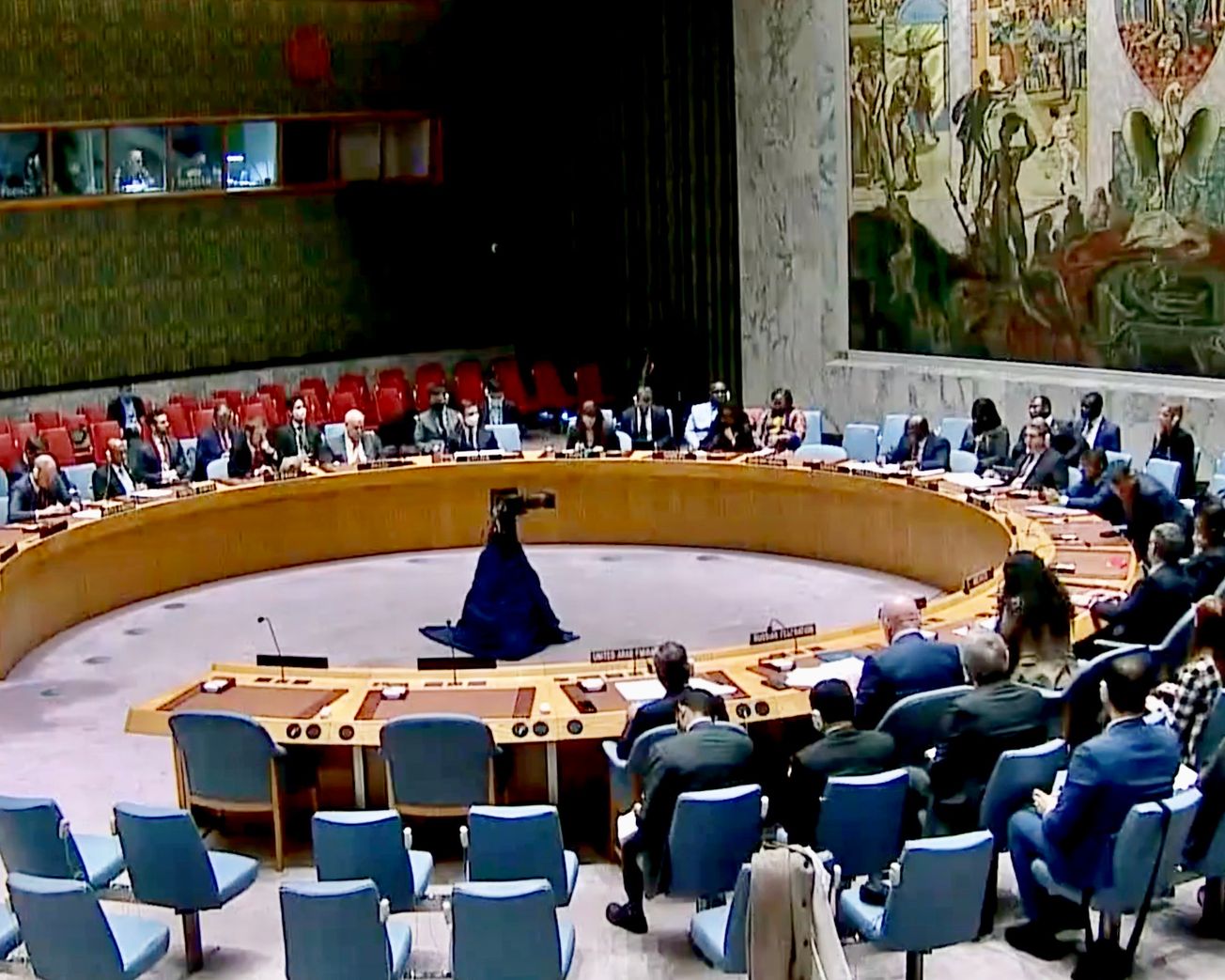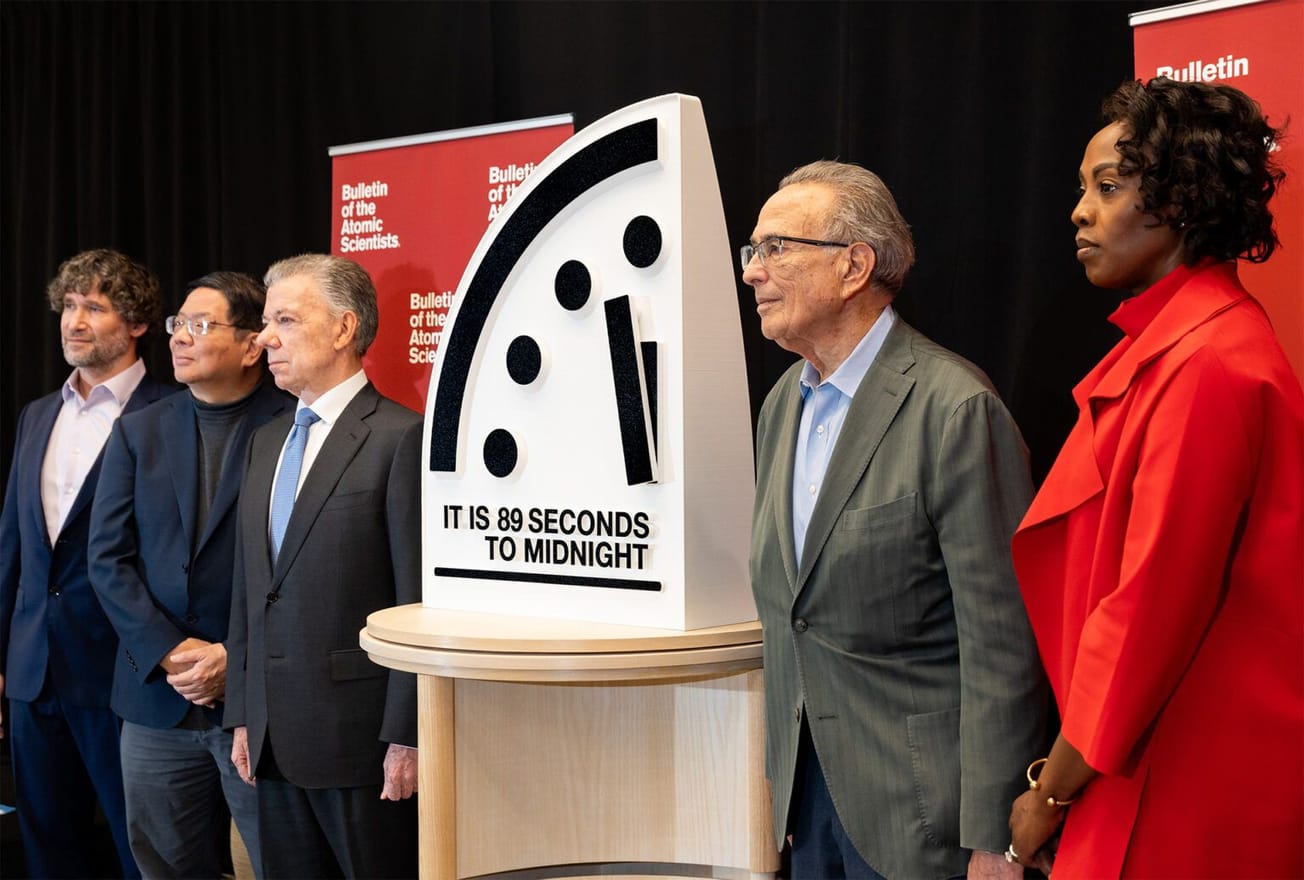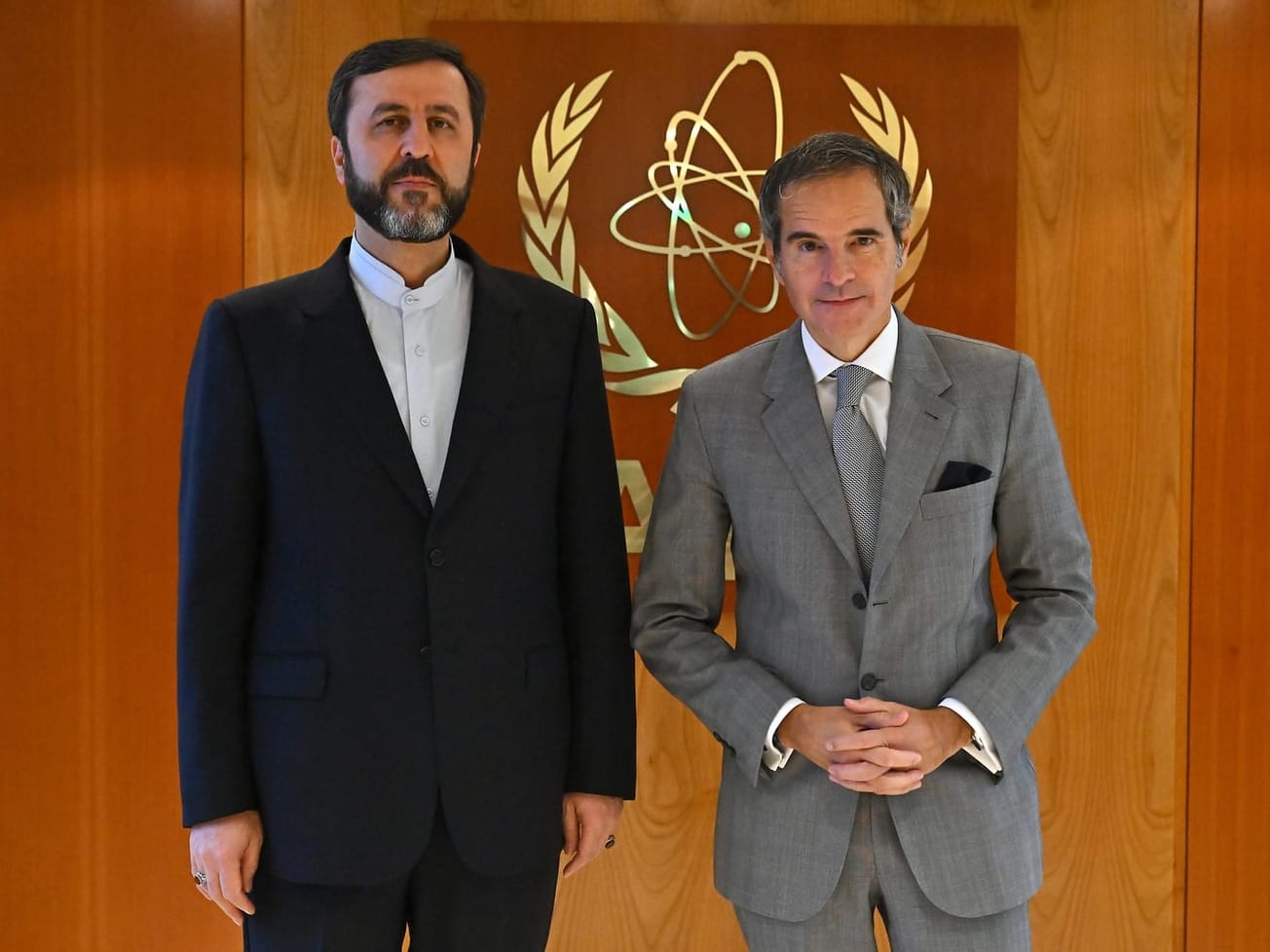The U.N. Security Council unanimously extended for another 10 years its committee that works to prevent the spread of weapons of mass destruction.
The 15-0 vote by the U.N.'s most powerful arm on Wednesday authorizes its 1540 Committee to keep operating until Nov. 30, 2032. The committee monitors implementation of council resolution 1540, approved in 2004 to prevent "non-state actors" from getting their hands on or trafficking a nuclear, biological or chemical weapon.
The resolution calls on the committee to conduct comprehensive reviews on the resolution after five years and, before its mandate expires, report to the council on the conclusion of each of those reviews, including the first one by December 2027.
The renewed mandate allows a group of experts to keeping supporting committee in carrying out its mandate.
All 193 U.N. member nations that have not yet presented a first report on steps they've taken or intend to take to implement the resolution are required under the resolution to give a report on those efforts to the committee without delay.
Adopted!🗳️
— NorwayUN (@NorwayUN) November 30, 2022
Weapons of mass destruction in the hands of non-state actors constitutes a threat to international peace & security⚠️
Today, #UNSC renewed the mandate of the 1540 Committee for 1⃣0⃣ new years!
The mandate renewal is timely given the evolving proliferation risk pic.twitter.com/pJEozU7TPQ
'A critical tool'
The 2004 resolution grew out of the 9/11 terrorist attack on the United States to prevent people not covered in international treaties from gaining weapons of mass destruction. The treaties covered threats from a government but not "non-state" terrorists or scientists working in the black market.
The nuclear smuggling network of Abdul Qadeer Khan, creator of Pakistan's atomic bomb, sold the centrifuges for secret nuclear weapons programs in countries that included Libya and Iran before his operation was disrupted in 2003.
"The committee remains a critical tool for addressing the proliferation of weapons of mass destruction and their delivery systems," U.S. Ambassador Robert Wood told the council.
"Importantly," he said, "this resolution emphasizes the centrol role of the 1540 Committee's group of experts comprised of exceedingly talented independent experts in the substantive and technical fields relevant to the work of the 1540 Committee."








